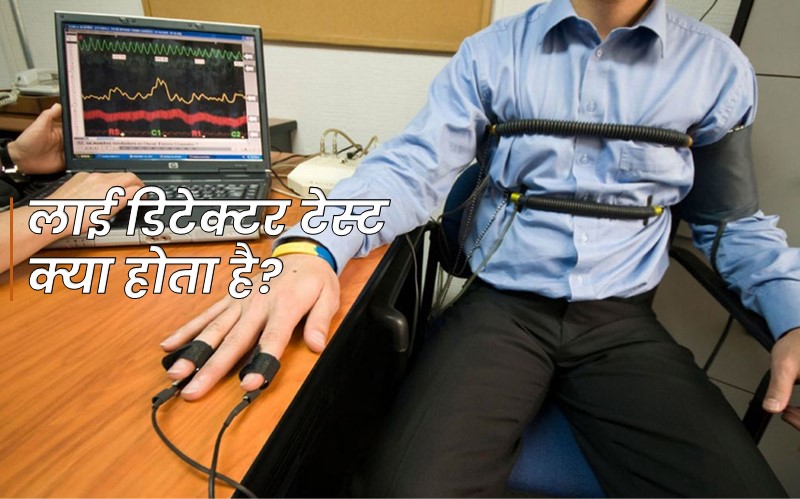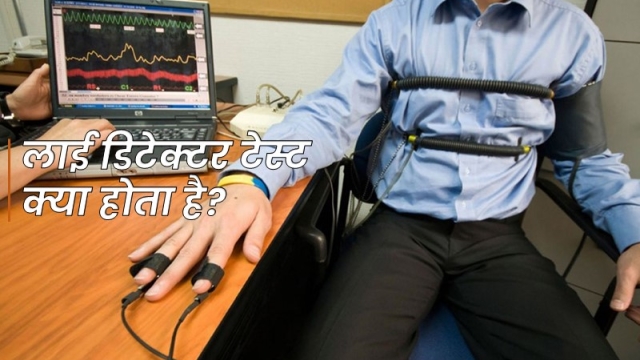
In a world where truth is constantly sought after, lie detector tests have often been seen as a reliable tool for uncovering deception. The idea of a machine being able to detect lies based on physiological responses seems like something out of a spy movie. These tests, also known as polygraphs, have been used in various settings, from law enforcement investigations to pre-employment screenings. The allure of being able to determine whether someone is telling the truth or not has led to widespread use and belief in the accuracy of these tests.
Despite their widespread use, the reliability and accuracy of lie detector tests have come under scrutiny in recent years. Critics argue that these tests are not foolproof and can be influenced by various factors such as the examiner’s bias, the individual’s emotional state, or even their belief in the test itself. As we delve deeper into the world of lie detector tests, it becomes clear that the line between truth and deception may not be as clear-cut as we once thought.
History of Lie Detector Tests
Lie detector tests, also known as polygraphs, have a long and controversial history. The concept of detecting lies through physiological responses dates back to the early 20th century.
The first modern polygraph was developed by John Augustus Larson, a medical student and police officer, in the 1920s. Larson’s invention measured changes in blood pressure, pulse rate, and respiratory rate to determine if a person was being deceptive.
Over the years, lie detector tests have been used in various settings, including criminal investigations, employment screenings, and government security clearances. Despite their widespread use, the accuracy and reliability of polygraphs continue to be debated among experts and critics alike.
Accuracy and Reliability
Lie detector tests are often seen as a scientific method to determine if someone is telling the truth. However, their accuracy and reliability have been a subject of controversy among experts in the field. While proponents argue that these tests can detect deception with high precision, skeptics point out that factors such as stress, anxiety, and physiological differences among individuals can influence the results.
The reliability of lie detector tests is also questioned due to the subjective interpretation of the results by examiners. The readings from polygraphs are analyzed based on certain physiological responses, including changes in heart rate, blood pressure, and skin conductivity. However, the interpretation of these responses can vary depending on the examiner’s training and experience, leading to potential inconsistencies in the test results.
Moreover, the reliability of lie detector tests can be affected by external factors such as the testing environment and the emotional state of the individual being examined. Research has shown that factors like the presence of distractions, the attitude of the examiner, and the setting of the test can impact the accuracy of the results. These variables highlight the complex nature of lie detector tests and the challenges in determining their true reliability.
Ethical Considerations
When it comes to the use of lie detector tests, ethical considerations play a significant role. There is ongoing debate within the scientific and legal communities about the reliability and impact of these tests on individuals’ rights and privacy.
One key ethical issue with lie detector tests is the potential for false positives and false negatives, which can have serious consequences for individuals undergoing the tests. This highlights the importance of ensuring that these tests are administered and interpreted accurately by trained professionals.
Additionally, concerns have been raised about the invasive nature of lie detector tests and the potential for coercion or intimidation during the testing process. Safeguards must be in place to protect the rights and well-being of individuals being subjected to these tests, ensuring that they are treated fairly and without prejudice.


